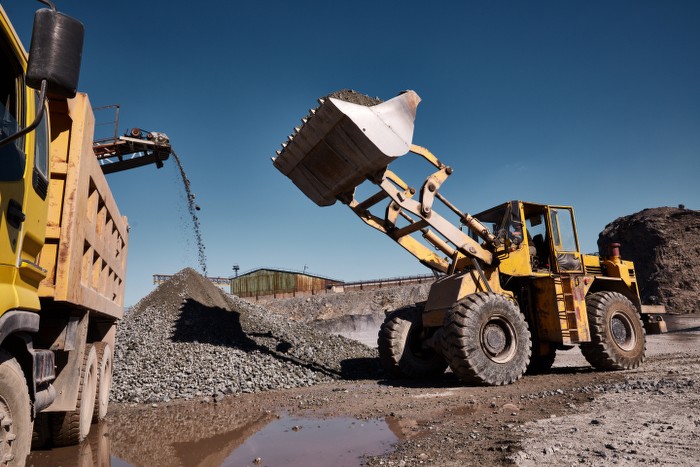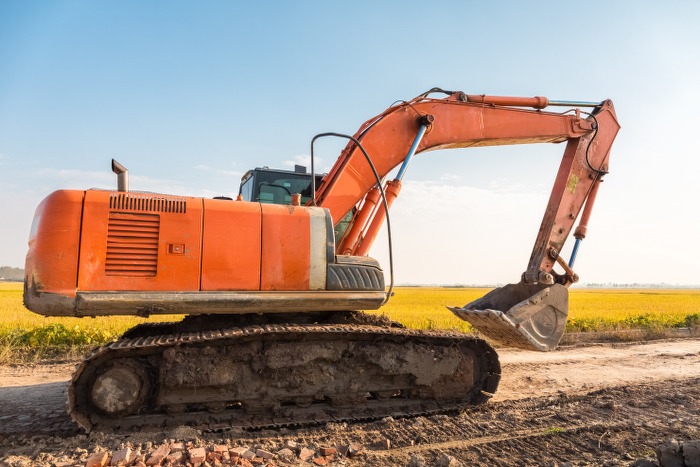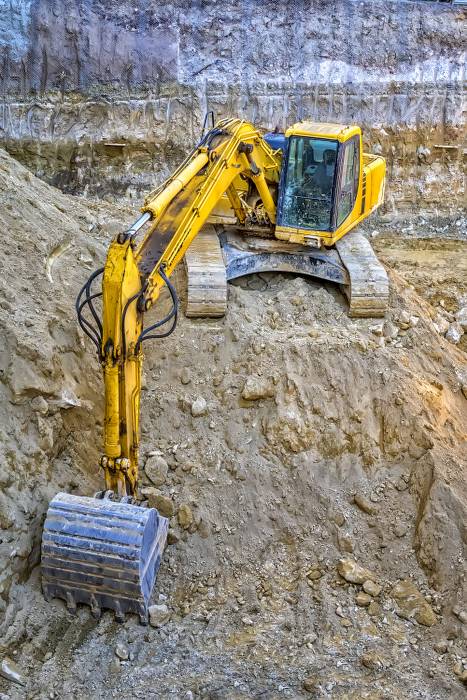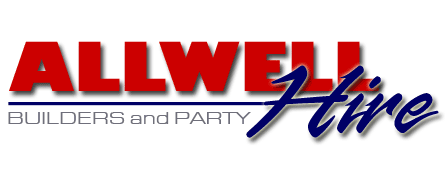If you are looking for excavator hire, what is the difference between a standard excavator and a mini excavator? Well, the first thing to know is that they can both be rented at affordable and flexible pricing.
The main differences come down to size and cost. Mini excavators are much more compact than their larger counterparts, but this comes at the expense of power and versatility. Standard excavators offer greater functionality and power on larger demolition jobs.
Size of the Machine
Standard excavators are much bigger than mini excavators. At Allwell Hire, both excavator types are available for excavator rental and hire. They can handle larger loads and have a greater reach; they also require an operator on board to transport them from one location to another. Mini excavators, however, offer greater mobility and can be transported via trailer or flatbed truck due to their compact size.

Smaller excavation options also allow for more flexibility in construction.
Lifting and Digging
Standard excavators are designed to lift very heavy loads, while mini excavators typically cannot. Standard excavator buckets can handle up to 70 tons of weight on average; however, a mini excavator bucket can only lift about 20 tons on average.
Mini excavator buckets come in a range of sizes and will have an average capacity between 0.75 – 0.80 cubic yards (0.50-0.55 meters). Standard excavator buckets can be as large as two or three times that size depending on configuration, with excavators sometimes being equipped with other tools such as rippers, grapples and/or backhoes.
Standard excavator reach is also greater than that of mini excavators. Standard excavators can have a maximum digging depth between 50-70 feet (15-21 metres).
Mini excavator buckets have an average reach between 20 – 26 feet (six-eight meters), with the maximum depth often being limited by the bucket itself, not just because it is a mini excavator. Although this range can be larger on some models – for example, when equipped with a hydraulic arm.
Power and Versatility
Standard excavators like the Kubota U55-4 excavator for rent are more powerful than mini excavators when it comes to Kubota U17-3 mini excavator hire since they have a higher horsepower engine (usually somewhere around the 16-18 hp range).
Mini excavators have a much lower horsepower than standard excavators, which is likely the reason why they are so affordable.
Mini excavators are less powerful and can only lift a few tons of weight at most. Standard excavators, on the other hand, have much more power to carry out excavation work for longer periods of time without putting too much strain on the machine itself.

Standard excavators, on the other hand, are typically more powerful and have a greater range of digging options such as buckets that can be adjusted from three to five meters in size.
A standard-sized machine is expected to have an average lifespan of 10 years, but it could last up to 15 if well maintained. For mini excavators, the typical lifespan is around 5 to 7 years because they’re not made with heavy-duty materials like standard-sized machines are.
Operation
Mini excavators can be operated in tighter spaces, making them a good choice for small jobs. The benefits of using mini-excavators include increased mobility on projects like landscaping where the machine needs to move around often. In fact, a mini excavator’s main purpose is to dig trenches or other small jobs that require less power.
Standard excavators are used for large-scale projects, which include demolition jobs or digging up old tree stumps. Standard excavators are larger and have more power to get through tough materials, such as rocks or asphalt. They typically take longer to be fully outfitted for projects because they need a bigger bucket than mini excavators in order to complete the same task.
The blade on a mini-excavator machine is shorter than that of the standard model. Thus, it can only dig up to a certain depth in the ground.
There are several different kinds of attachments for both excavator types, including an auger attachment for boring holes in the ground and a bucket attachment for moving earth and sand.
Excavator Rental Price in Brisbane

The rental rates for hiring an excavator in Brisbane typically depend on your work requirements. Contact Allwell Hire today and let us help you make a decision and finish your project without any hassle.
Interested in renting building equipment? Our Construction Equipment Rental Checklist is a must-read to ensure you’ve got everything you need.







